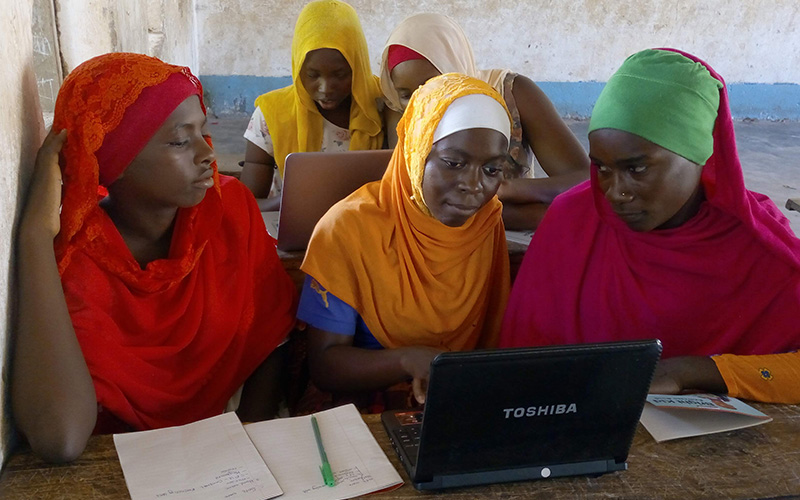
By Dr Karen Nyangara
COL Adviser: Gender
Each year, during the 16 Days of Activism against Gender-Based Violence from 25 November to 10 December 10, the world is called upon to end violence against women and girls through actionable commitments. This year’s campaign highlights the growing issue of tech-based gender violence and urges the world to “UNite to End Digital Violence Against All Women and Girls.”
According to the World Health Organization (WHO), it is estimated that 736 million women globally have experienced violence in their lifetime. With this in mind, women face additional risks caused by a lack of income and unequal access to information, legal, and health services. While laws in many countries provide frameworks for legal redress, many cases of violence and discrimination are unreported and remain unresolved due to poor implementation. The WHO recognises violence against women as a global health and human rights crisis that is endemic in every country and culture.
In promoting empowerment and gender equality, the Commonwealth of Learning (COL) opens access to online and digital spaces for women around the world. By partnering with governments, institutions, and organisations, we expand the scale, efficiency, and quality of learning through appropriate open, distance, and technology-based approaches, supporting digital transformation across the Commonwealth. While this transformation is critical to empowering women and girls, expanded digital access has, at the same time created new gender-based vulnerabilities.
Online platforms have become places where women and girls face various forms of gender-based violence, including cyberbullying, stalking, and online grooming for sexual exploitation. Perpetrators now have more channels and data points to exploit, harass, surveillance, and coerce without the traditional physical constraints. As educators, we need to think deeply about what safeguards should be put in place to protect women and girls from gender-based violence. Simple acts such as uploading or downloading content and interacting with other learners online can leave a learner’s digital footprint for exploitation. Additionally, the proliferation of AI-generated images and audio has made it easier to create deepfakes and other explicit content, blurring the lines between what is reality and what is fake.
Regulating technology, especially AI, is complex, with new legislation taking years to debate, draft, and pass into law — with the law often playing catch-up when it comes to protecting the vulnerable. As reliance on digital spaces for education, entertainment, and community engagement continues to build, so do the opportunities for online abuse to leak into personal spaces. This makes it more difficult for victims to disconnect from digital threats.
The 16 Days of Activism are a call for governments, institutions and individuals to step up advocacy in preventing violence against women and girls. Even as policy and legislation are created, educators should be at the forefront, ensuring that digital literacy training includes online safety, ethical use, and respectful engagement. Young people also need to be taught how to identify fake news, grooming and other forms of digital violence.
Over the next 16 days, let us begin to “UNite” as we advocate for an end to digital violence against all women and girls. After these next 16 days, let us make sure the work does not stop there.


